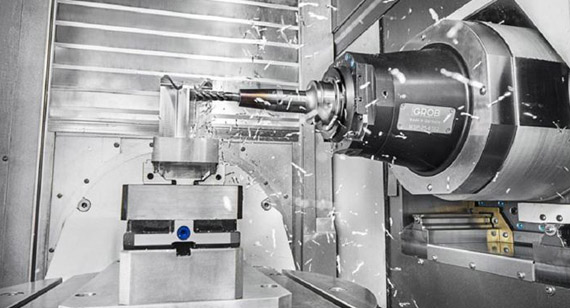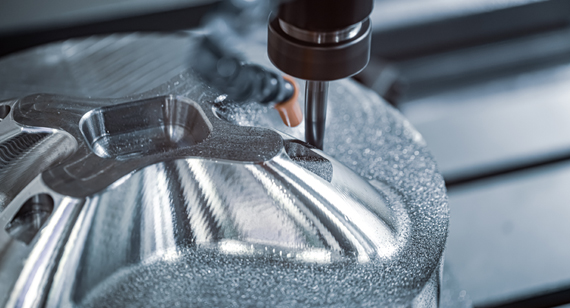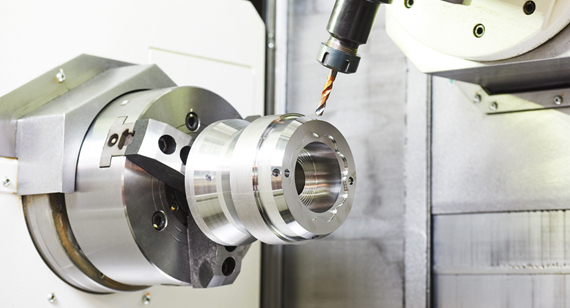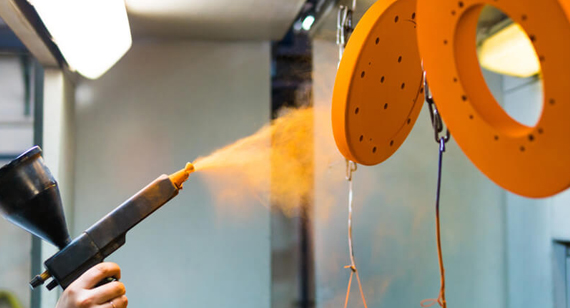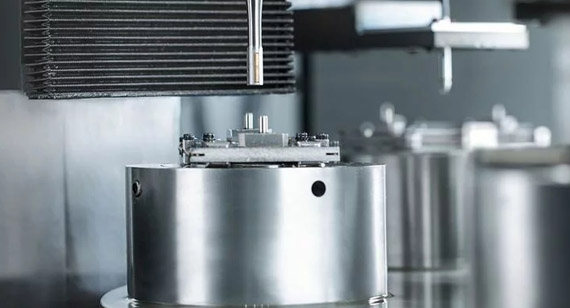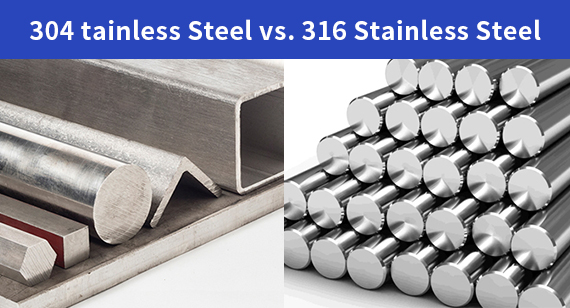15 years one-stop China custom CNC machining parts factory
The VMT blog is dedicated to sharing our hard-earned knowledge in prototype manufacturing. We hope these articles will help you optimize your product designs and gain deeper insight into the world of rapid prototyping. Enjoy the read!
Get an Instant Quote VMT
VMT  2024 09 24
2024 09 24 Aluminum is a versatile and widely used material in CNC machining, valued for its lightweight, corrosion resistance, and adaptability. However, untreated aluminum is prone to surface damage and degradation, making surface treatment essential for enhancing both functionality and aesthetics. Surface treatments not only protect the aluminum but also offer various finishes that improve wear resistance, durability, and appearance. In the world of custom CNC machining, choosing the right aluminum surface finish can greatly impact the quality of your parts, extending their lifespan and optimizing their performance in different environments. This article will guide you through 18 major aluminum finish types that can improve the quality of your CNC part projects.
 66
66
 Read more
Read more
 VMT
VMT  2024 09 23
2024 09 23 Welding is an essential process in the manufacturing industry, used to join metal components together in a durable and long-lasting way. Among the various welding techniques available, MIG (Metal Inert Gas) and TIG (Tungsten Inert Gas) welding are the two most popular methods. Both techniques are used across a wide range of industries, including automotive, aerospace, construction, and CNC precision machining. However, the choice between MIG and TIG welding depends on factors like the material being welded, the desired weld quality, and production requirements.
 66
66
 Read more
Read more
 VMT
VMT  2024 09 22
2024 09 22 In today's fast-paced manufacturing world, prototyping plays a crucial role in product development. Prototypes allow manufacturers to test the functionality, design, and performance of a part before it goes into full production. CNC prototyping has become an essential tool in this process, providing the accuracy, precision, and versatility required to meet the needs of various industries. Whether you're in the automotive, aerospace, medical, or electronics sector, CNC prototyping offers a reliable solution for developing and refining custom CNC machined parts.
 66
66
 Read more
Read more
 VMT
VMT  2024 09 21
2024 09 21 In the world of modern manufacturing, optical precision machined parts are critical components in industries that rely on high-performance optics, such as aerospace, medical devices, communications, and imaging technologies. These parts are used in devices like microscopes, cameras, laser systems, and other precision instruments, where the slightest deviation can result in significant performance issues. As such, the demand for optical precision machining parts has grown in line with advancements in technology, pushing the boundaries of precision and quality.
 66
66
 Read more
Read more
 VMT
VMT  2024 09 20
2024 09 20 CNC precision machining has revolutionized the manufacturing industry by allowing for the creation of highly accurate and complex parts. It is widely used in industries that demand precision, such as automotive, aerospace, medical, and electronics. CNC stands for Computer Numerical Control, where computer-aided design (CAD) models are translated into code to guide machining tools. The precision aspect refers to the ability to produce parts with tight tolerances and intricate geometries, ensuring consistent and repeatable quality.
 66
66
 Read more
Read more
 VMT
VMT  2024 09 19
2024 09 19 Aluminum, one of the most versatile materials in manufacturing, is widely used in industries such as automotive, aerospace, electronics, and construction due to its lightweight, durability, and excellent resistance to corrosion. However, despite its inherent strength, raw aluminum is often prone to surface imperfections, environmental degradation, and oxidation over time. To enhance its appearance, durability, and performance, aluminum often undergoes various coating processes, each tailored to specific industrial needs.
 66
66
 Read more
Read more
 VMT
VMT  2024 09 18
2024 09 18 In the field of CNC machining, honing is a finishing process designed to improve the geometry, size, and surface finish of a part. By removing a small amount of material using an abrasive tool, honing ensures that machined parts meet precise specifications. This process is widely employed in manufacturing industries such as automotive, aerospace, medical, and more, particularly for parts where high precision and surface quality are critical.
 66
66
 Read more
Read more
 VMT
VMT  2024 09 17
2024 09 17 Stainless steel is one of the most commonly used materials in various industries due to its strength, corrosion resistance, and ability to withstand harsh environments. Among the numerous stainless steel grades, 304 and 316 are the most popular. Both types are excellent for a wide range of applications, but they have key differences that make one more suitable than the other depending on the application. In this article, we’ll provide a detailed comparison between 304 and 316 stainless steel, focusing on their physical and mechanical properties, applications, corrosion resistance, cost, and more. Whether you are involved in stainless steel CNC machining, custom CNC machining, or other related industries, understanding the distinctions between these two grades can help you make an informed decision for your specific needs.
 66
66
 Read more
Read more
Ready To Start Your Next Project?
Get Instant Quote

Request a Free Quote
Send us a message if you have any questions or request a quote. We will get back to you ASAP!


